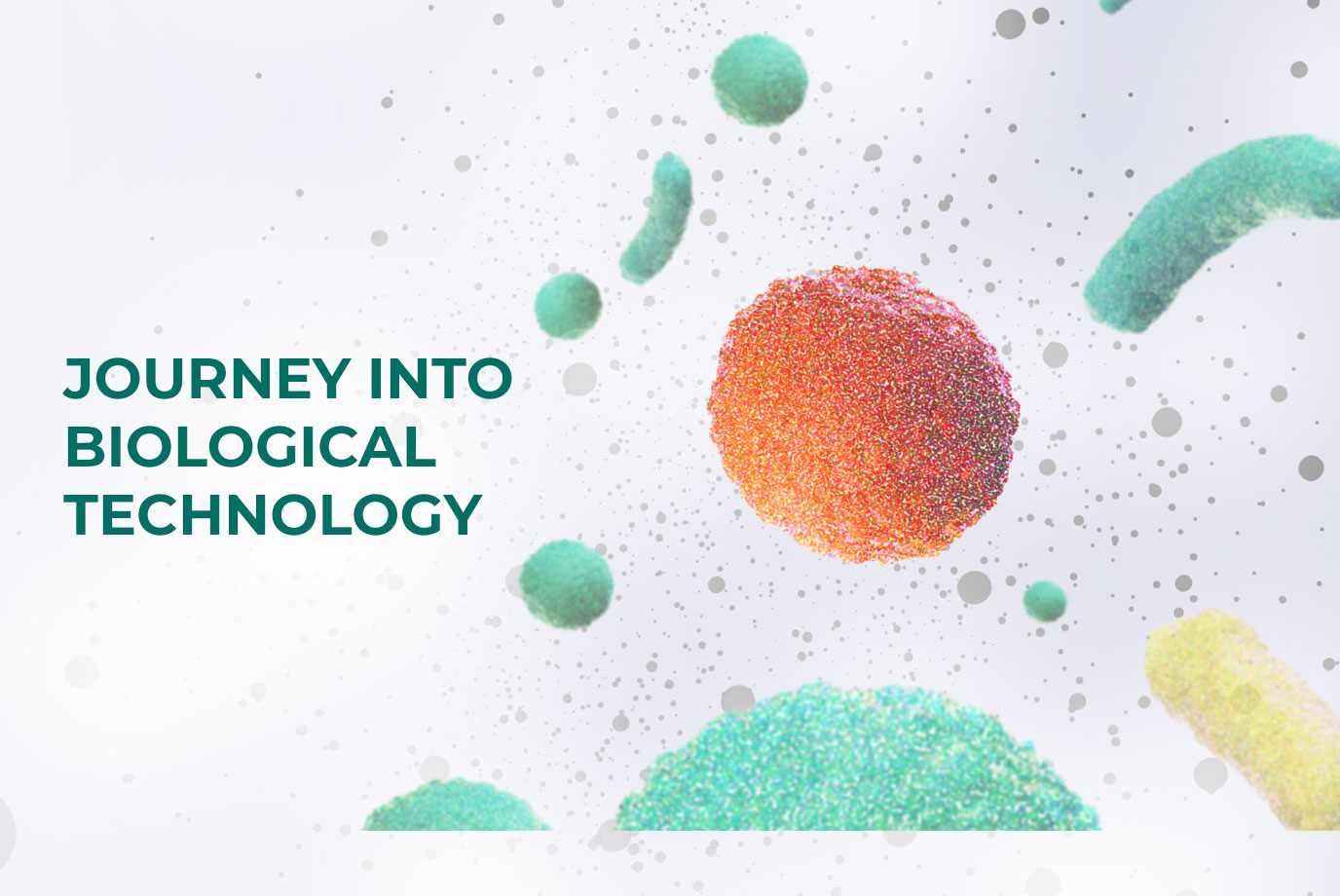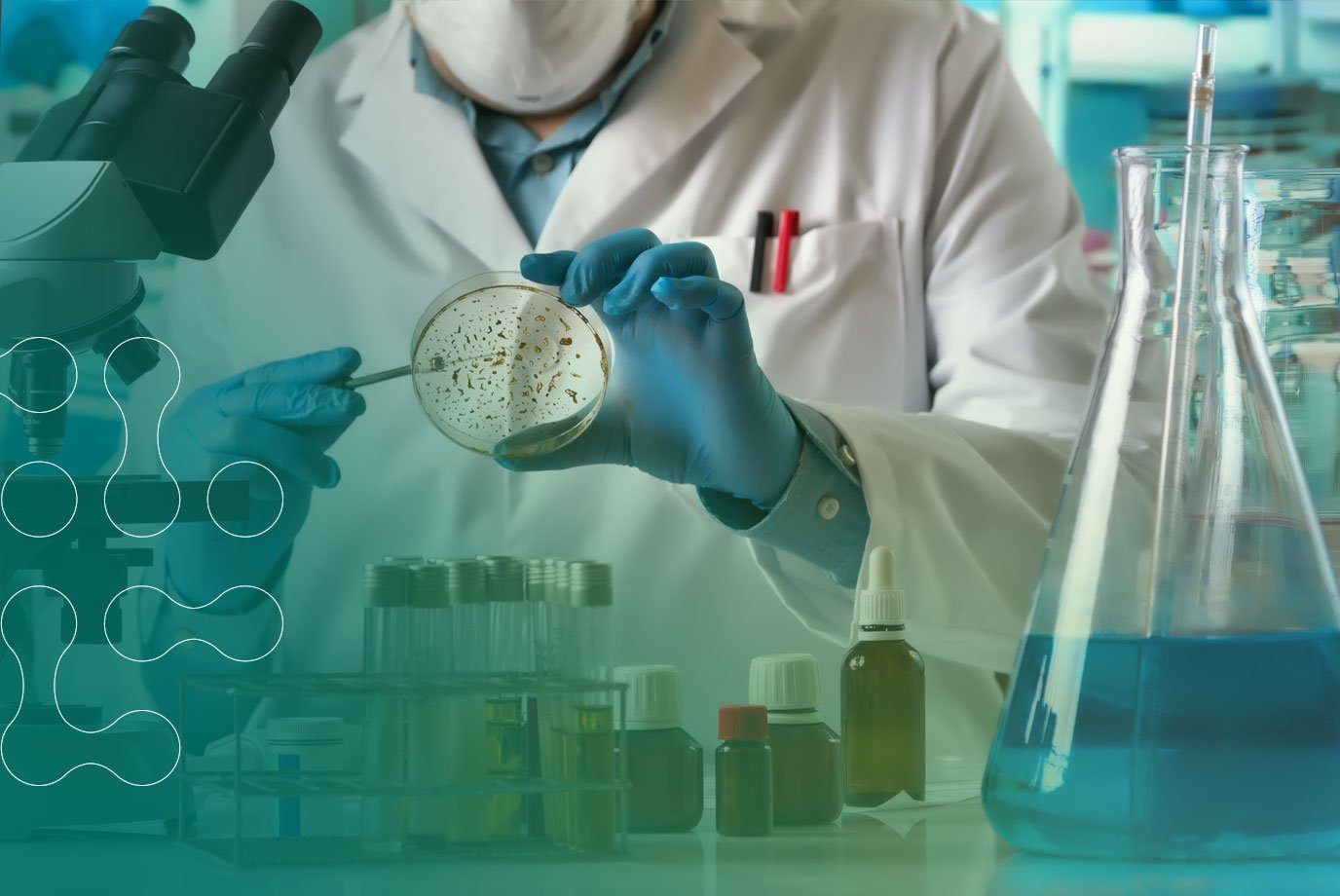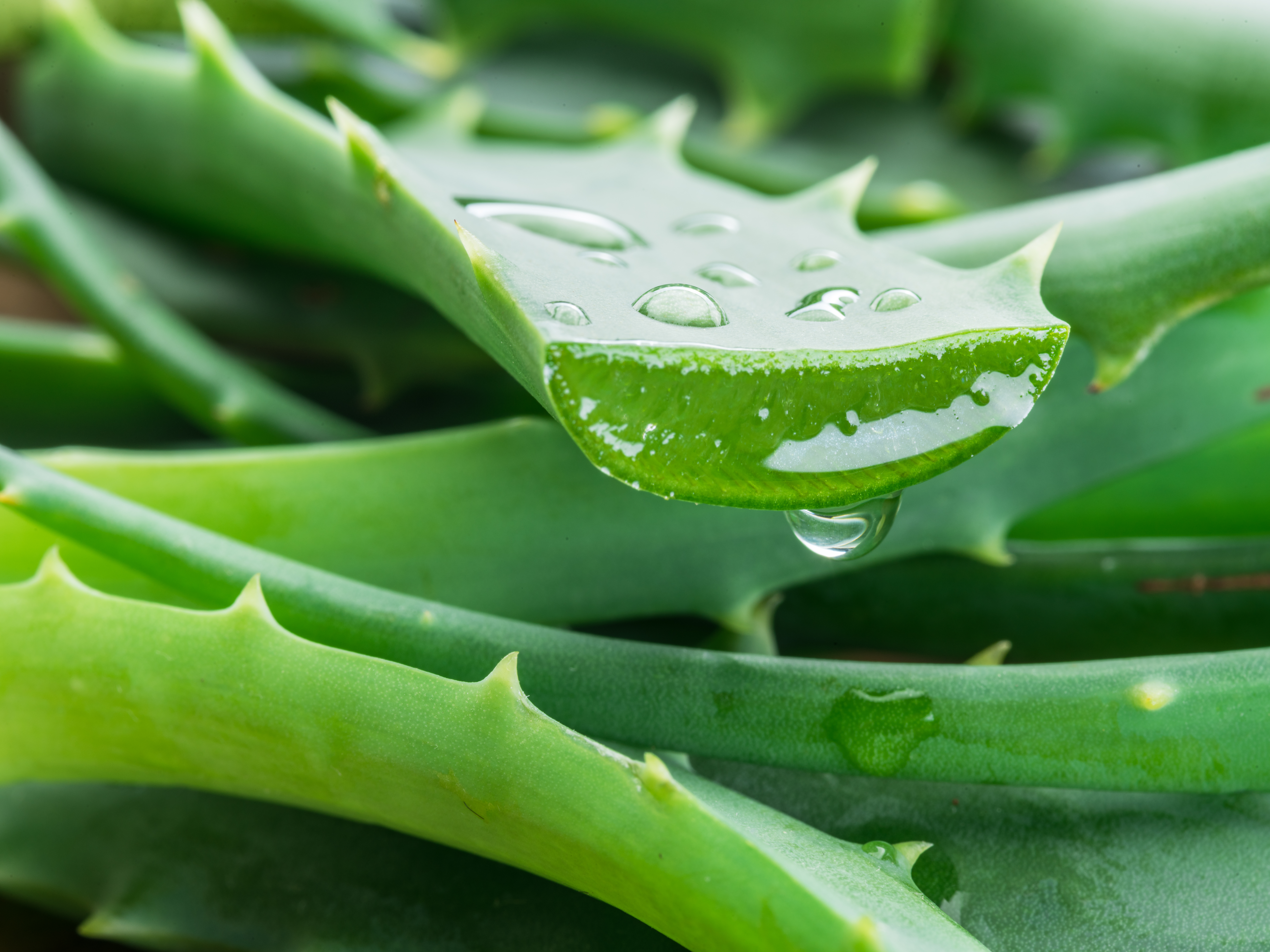
Ecotechnology
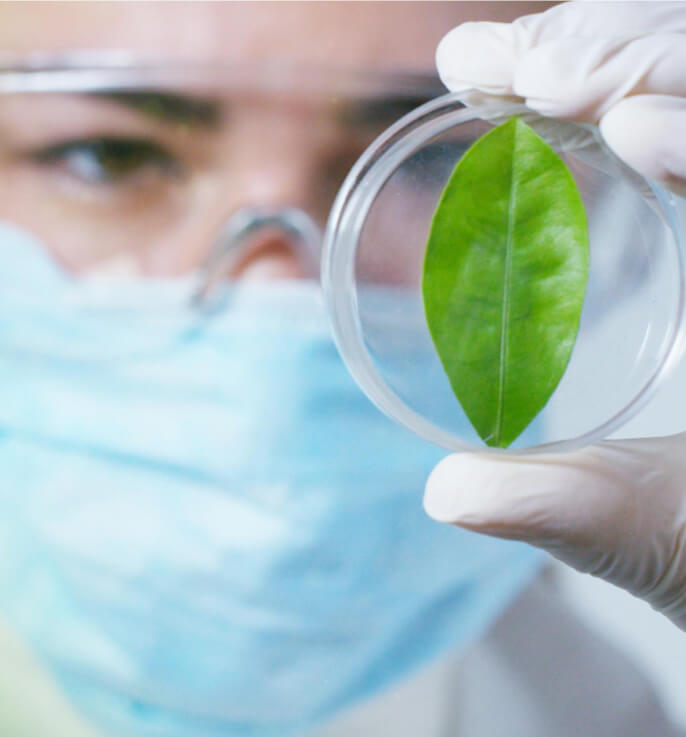
Sustainable Cleaning Solutions
Biotech cleaning products may employ sustainable Ecotech ingredients to compliment and support the product -specific bacteria.
We replace traditional chemical cleaning technologies with low aquatic toxicity, sustainable, biorenewable, plant-based alternatives. Using biorenewable alternatives avoids reliance on the petrochemical industry, which in turn provides significant CO2e savings, reduces pollution and lowers toxicity.
Ecotech ingredients invariably have more favourable toxicity profiles, lower health hazards and when combined successfully, provide highly efficacious cleaning and odour removal solutions.
We carefully select plant-based ingredients which work in synergy, replacing a single traditional chemical technology with multiple greener alternatives. We utilise plant-based surfactants, eco-solvents, chelating agents, builders, odour absorbers and neutralisers along with organic acids produced by fermentation.
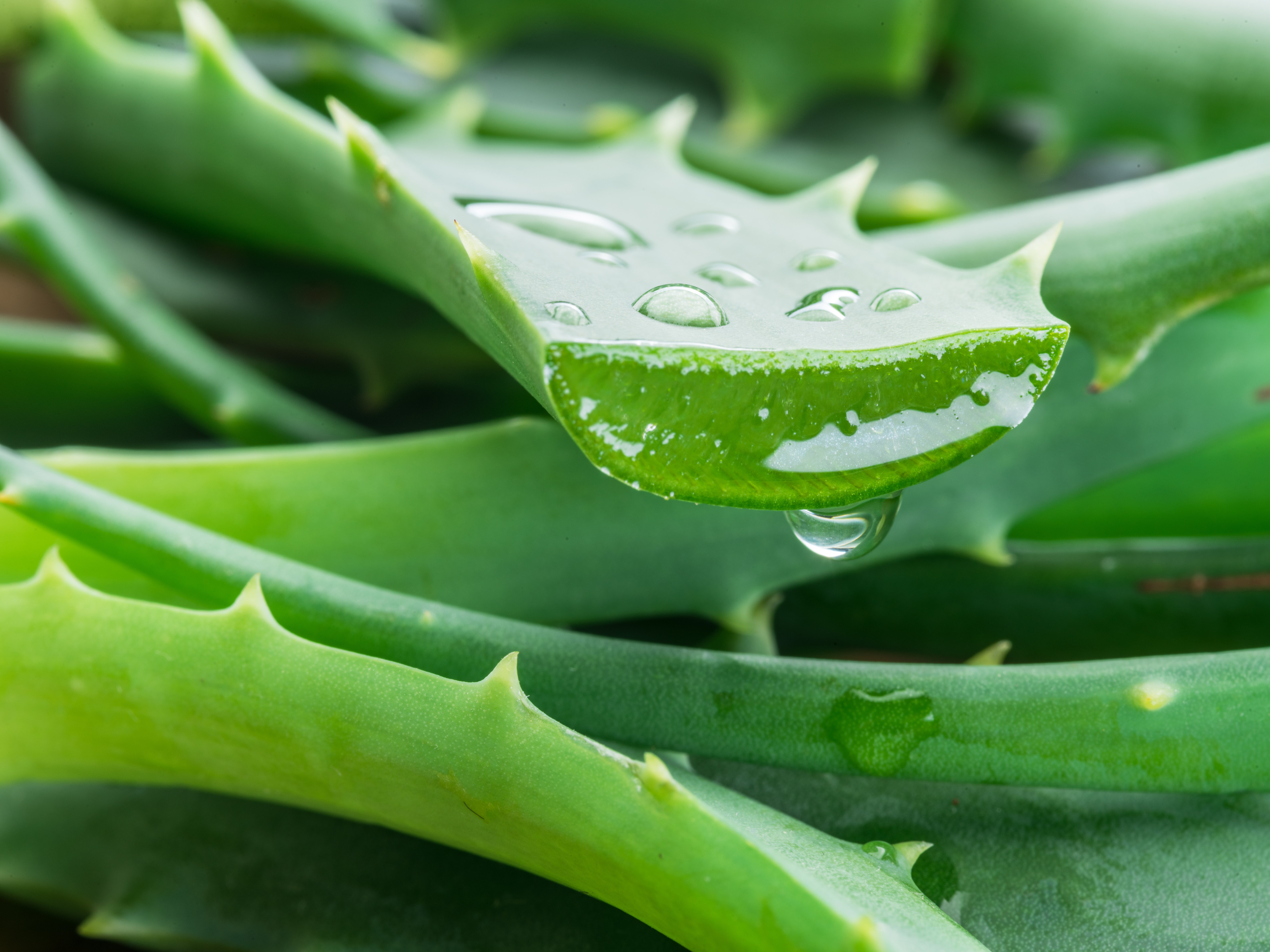
Plant Derivatives
Cleaning products contain blends of various ingredients designed to work together to remove various types of soils. These ingredients attack dirt on surfaces with a variety of mechanisms including emulsifying, lifting, dispersing, sequestering and suspending soils of various types.
Surfactants are a key, primary component of most cleaning products. Traditional surfactants are typically derived from non-renewable resources such as petrochemicals and generally have high aquatic toxicity. In contrast, we only use surfactants from responsible, sustainable sources with low aquatic toxicity profiles. Our sustainable surfactants are derived from glucose, other carbohydrates, coconut or palm oil and are up to 100% derived from sustainable carbon and RSPO sources.
Plant-derived eco-solvents are widely used in our products and are not only sustainable but lower petroleum dependency, air pollution and CO2e. Our eco-solvents are first class degreasers and have excellent solvency and soil-penetrating properties, providing a multifunctional cleaning boost which enhances performance safely and responsibly. They are readily and rapidly biodegradable, generally carbon-neutral and contain no environmentally hazardous ingredients. An absence of volatile organic compounds means that there are fewer health concerns and no flammability issues.
Chelating agents to bind hard water metal ions that interfere with the cleaning process are another integral part of any cleaning formulation. Our chelating agents are derived from natural, biodegradable, bio-based, renewable raw materials, providing a significantly greener alternative to traditional chelates such as EDTA and NTA which have very poor environmental profiles.
Our products also incorporate plant extracts such as yucca and plant-based zinc ricinoleate which absorb or bind to odiferous molecules, removing unpleasant odours. Yucca extract is highly effective at absorbing noxious gases such as ammonia preventing it from escaping into the atmosphere and creating a obnoxious smell. Similarly, zinc ricinoleate traps and binds odour molecules in such a way that they are no longer detectable, making it a highly effective natural and sustainable odour neutraliser.
Raw material selection often has a trade-off between flammability, health hazards, ecotoxicity, sustainability, efficacy, and cost.
Organic Acids
Organic acids, such as lactic and citric acid, can be produced by industrial fermentation and can therefore be regarded as completely natural products. Sustainable plant-based carbohydrate feedstocks providing glucose, sucrose, or galactose, are grown specifically for this purpose. As they grow, the crops absorb more CO2 from the atmosphere than is subsequently released by the production process. This means that lactic acid for example, in addition to being totally sustainable actually has a negative CO2e value, so as well as stopping petroleum dependency and reducing pollution, its use helps in the drive towards carbon neutrality.
Organic acids also have the advantage of being less hazardous to assets and the user than traditional mineral acid alternatives like hydrochloric acid and sulphuric acid, and have far more favourable environmental and aquatic toxicity profiles. Organic acids have excellent cleaning and descaling properties and some are exceptional disinfectants.
